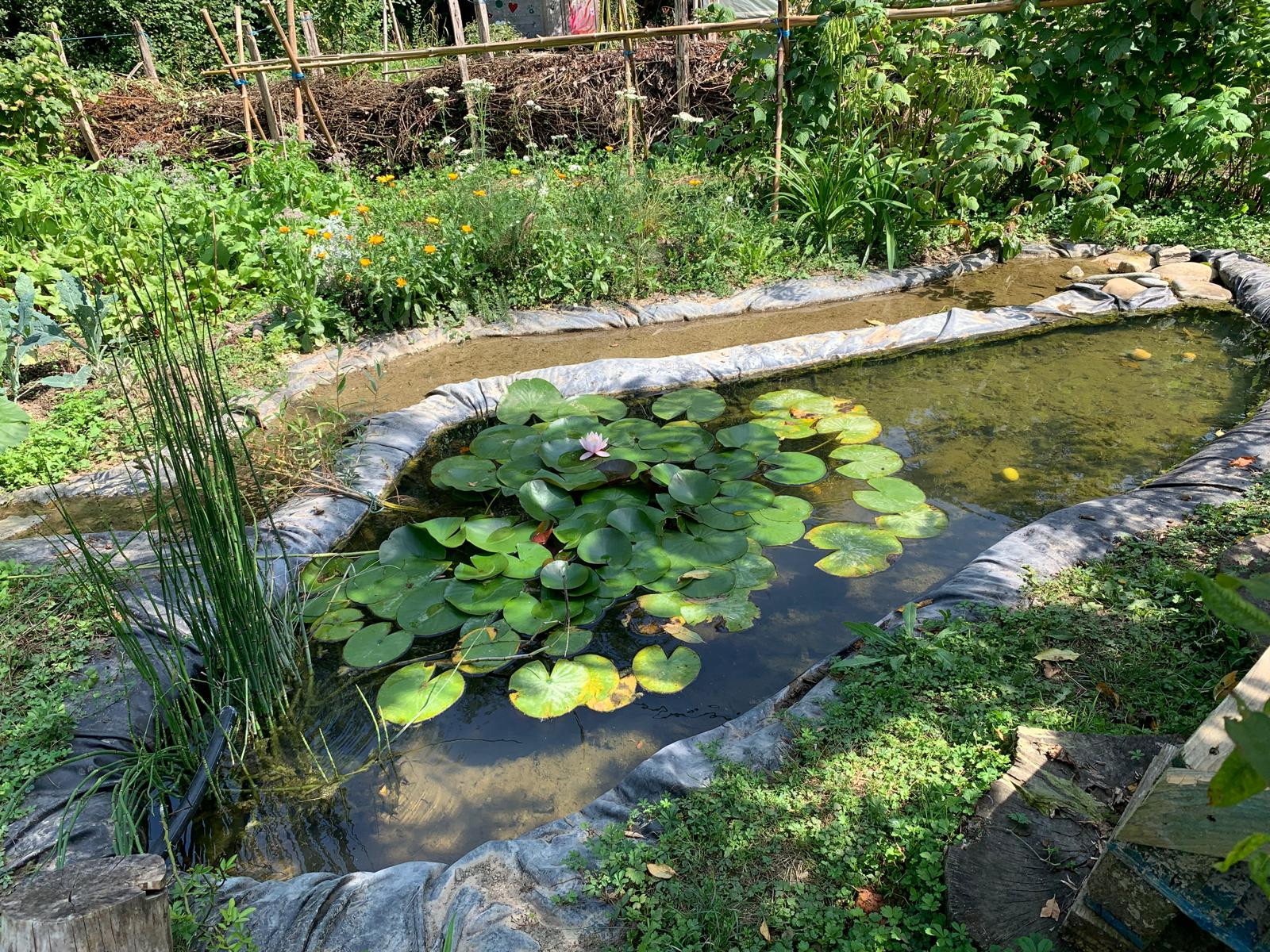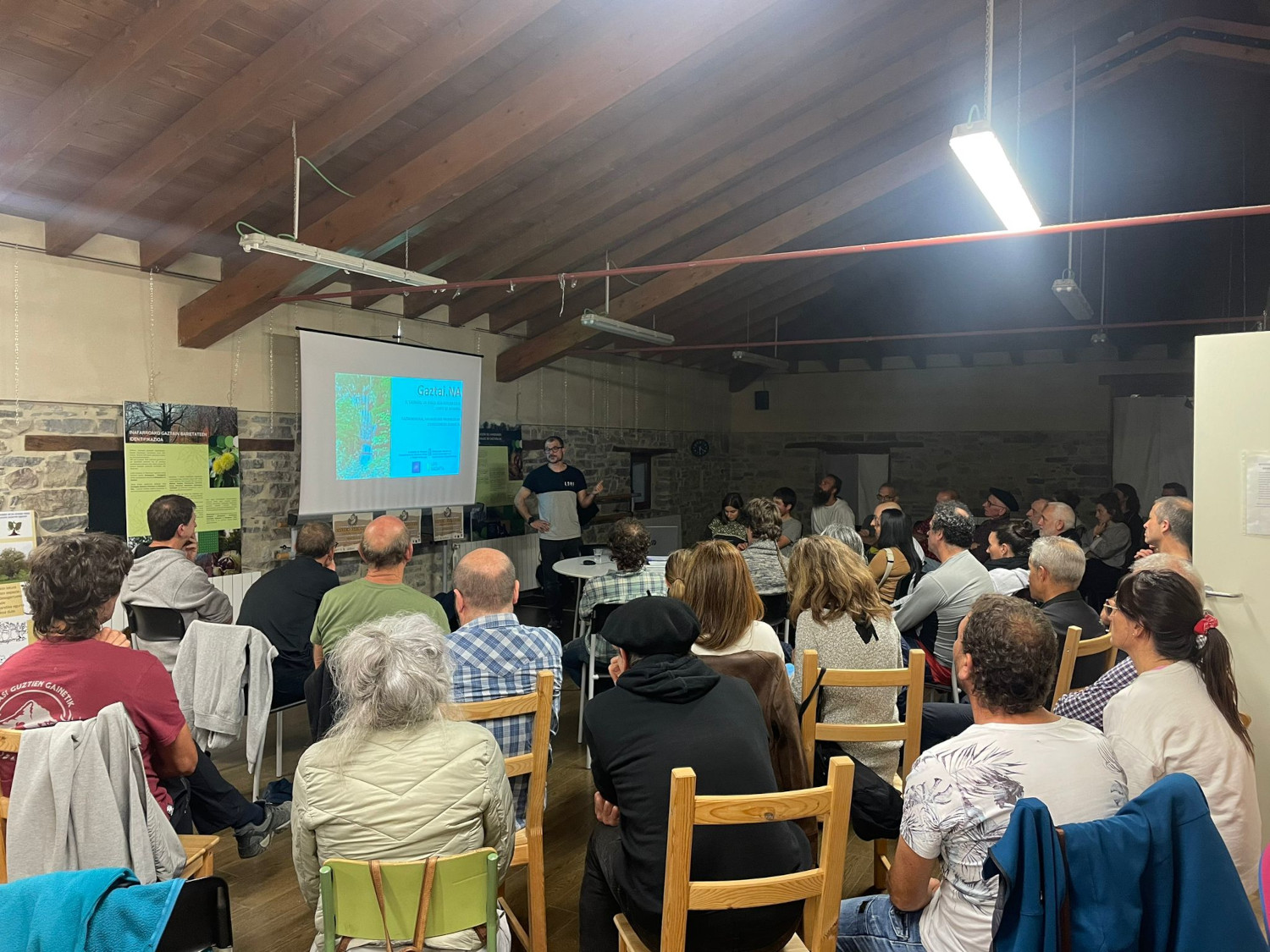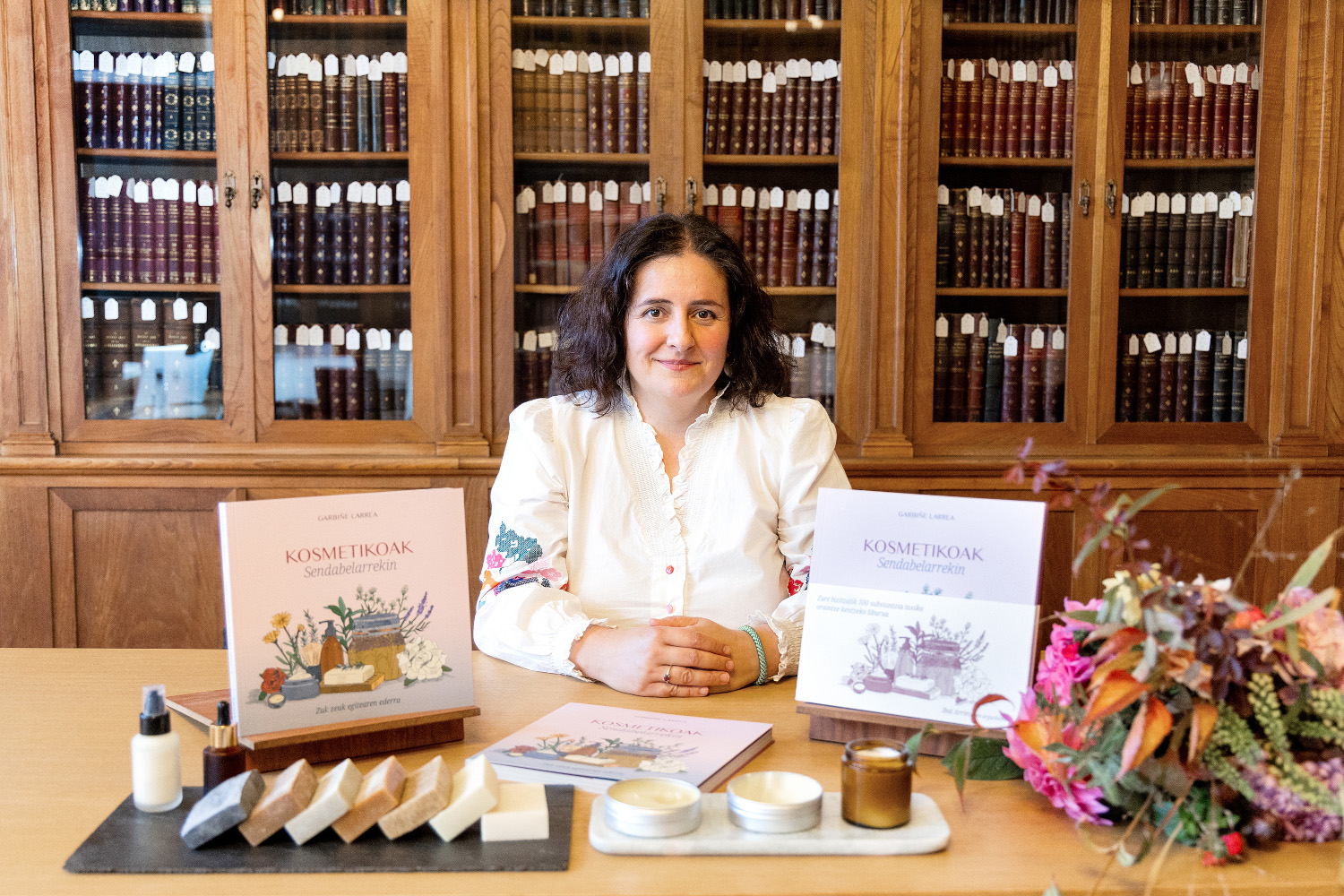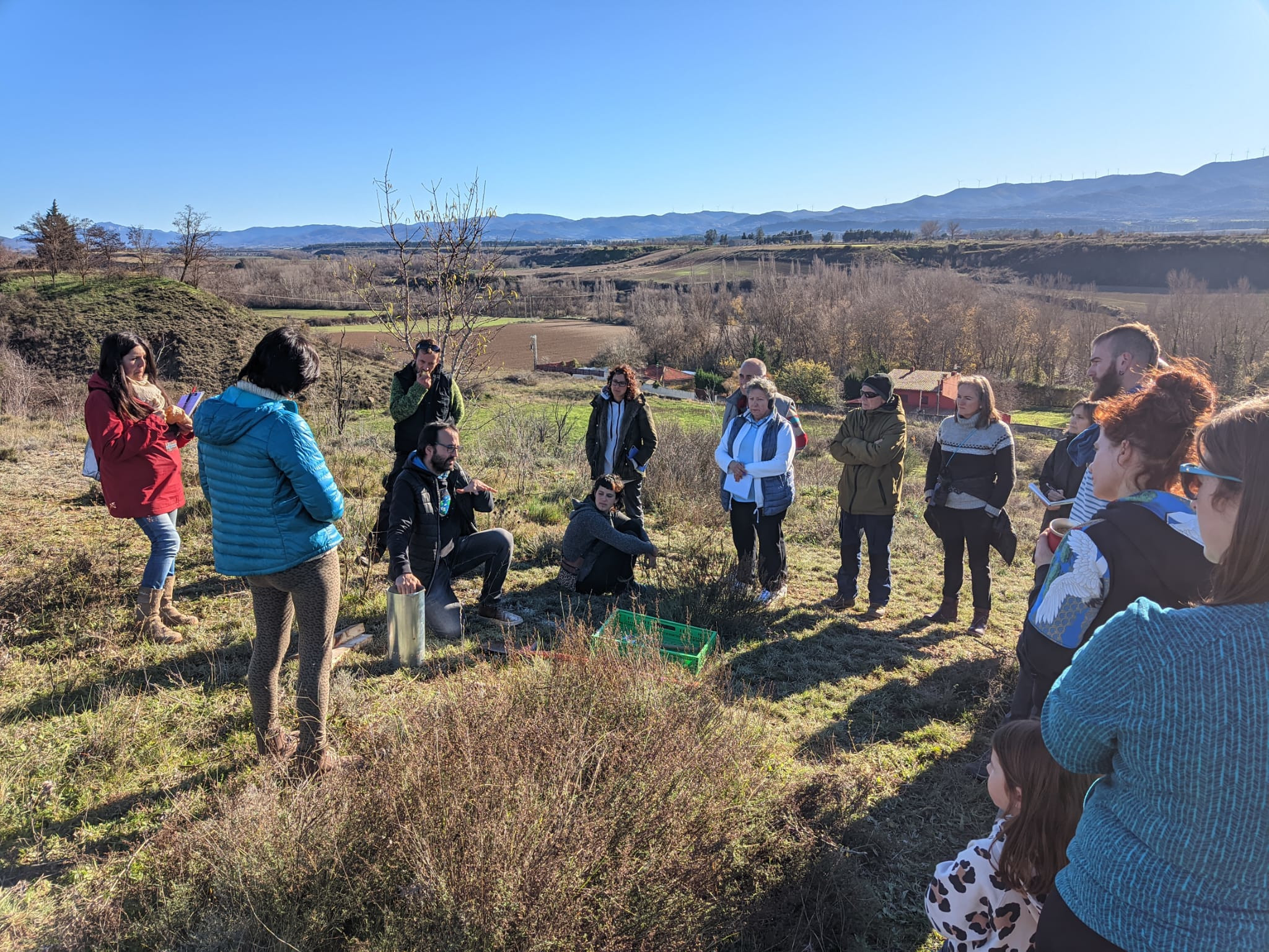A young project to get all its juice out to the apple in Elgoibar
- The young Elgoibartarras Ane Munin Ansola and Asier Lizarralde Arrillaga have always maintained a relationship with the rural world and had been thinking of starting some primary sector project for some time. “In 2019, we presented the project for the Gaztenek program, and when we were approved, in 2020, we started it,” says Munin. They were clear that they both wanted to start something around the block. “The apple is a local product, and before, each on its side, we made cider,” he says. But what they have put in place is a project that goes beyond cider: Lizagasar is a project to experiment with the apple.

On the three-and-a-half hectare plot in Elgoibar, the pair has about 2,100 apples of 15 varieties. “In general, with products and raw materials, we believe that we must care for and protect the indigenous, because we run the risk of losing it,” explains the young producer. At the beginning of the project, they made it clear that they wanted to move along the path that took them.
The manzanales of the Lizagasar project are in the conversion phase for the ecological model. A three-year follow-up is being carried out to get the eco-label and things are going to be picked up next year. Beyond the mark, the two young people work with a holistic view of agriculture. “We also take into account the conservation of biodiversity, for example, along the apples we have placed birds’ booths that eat insects.” The apples have been placed in the usual form of the vineyards, by rows, to make the cut of grass alternating between one line and another. “What did we get like this? For in the places where the herb is long there are manchangori grandmothers who eat pulgoia, so we don’t have to treat the lung…”.
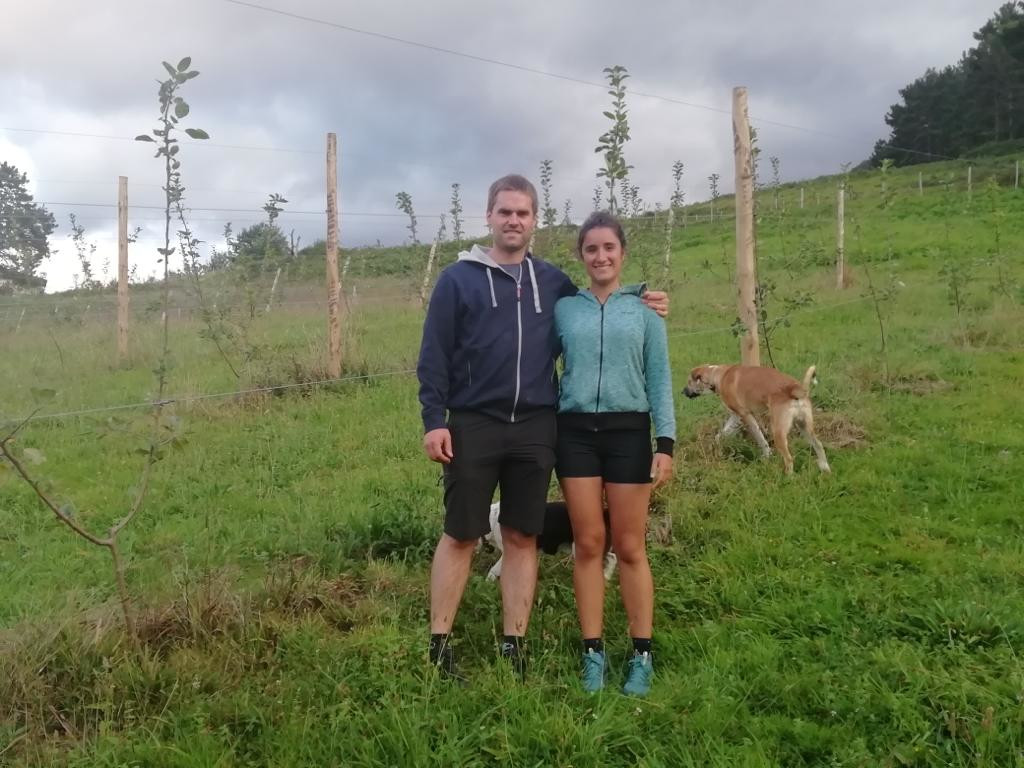
Removing new forms and textures of the apple
At the moment six apple products are produced in the Lizagasar store: cider, apple juice, vinegar, sweets, jam, puffins and muffins and apple juice cakes. “Our philosophy is to get as many products out of the apple as possible and to propose, through experimentation, innovative things,” he says. In the case of Madalen, the pastry craftsmen Galle-Tiak de Mendaro have intervened by hand. At the moment they have these products in their supply, but they want to try new things, like preparing an apple with a Riojana distillery.
The members of the project tell us that direct sales are the priority, as they sell products at fairs in the area, at home distribution and in the apples themselves. In addition, they make guided tours with the groups. “That’s also our goal, to show and explain how we work,” he concludes.















